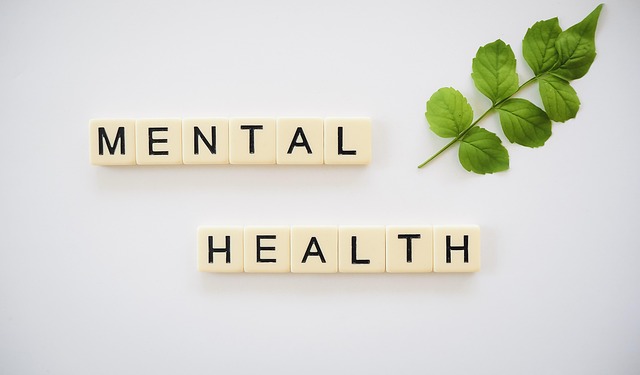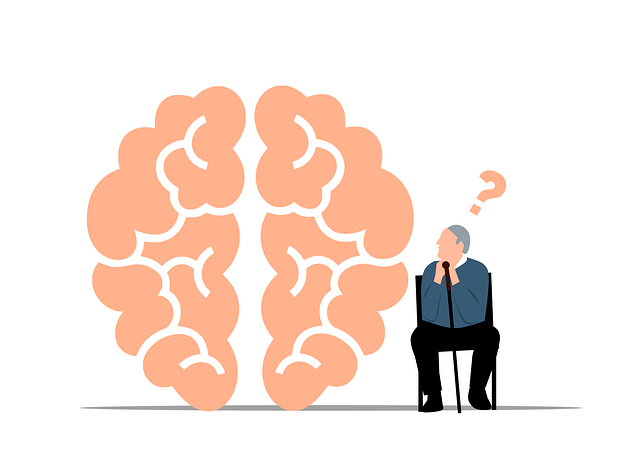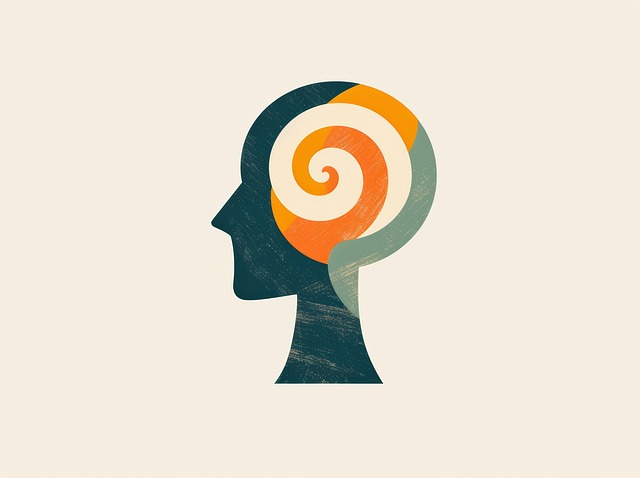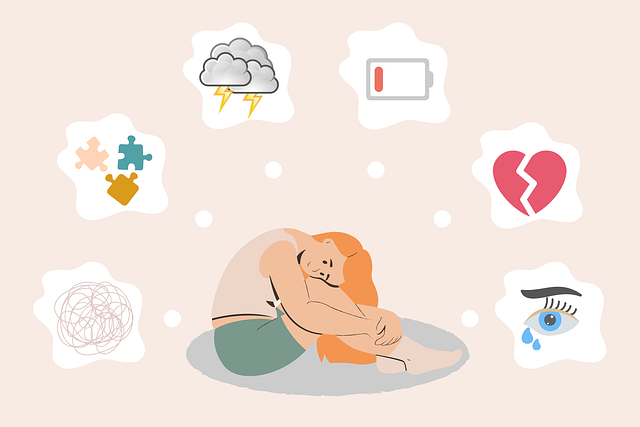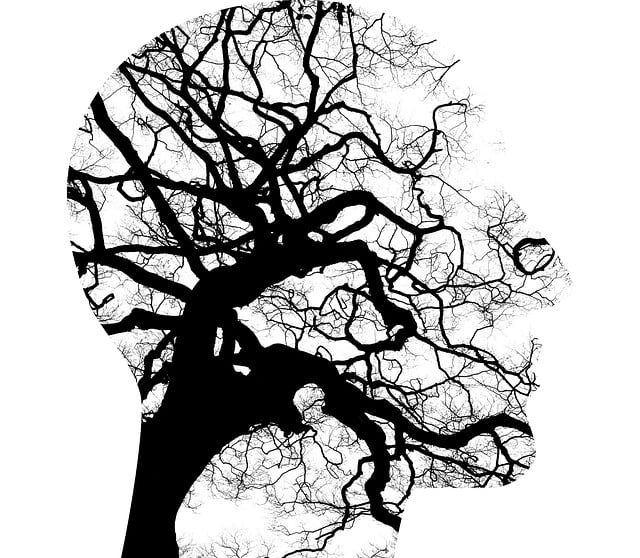Lone Tree Autism Spectrum Disorder (ASD) therapy prioritizes holistic mental wellness through tailored approaches like Compassion Cultivation, Conflict Resolution, and Stress Reduction methods. This inclusive approach, integrating cultural competency training and risk assessments, addresses social interactions, communication, and anxiety. Supportive environments, with consistent routines, open communication, and caregiver self-care, enhance well-being. Mindfulness practices combined with social skills training offer promising results for youth. Community engagement, accessible resources, and stigma reduction initiatives foster a supportive network for ASD individuals in Lone Tree, promoting mental health awareness and overall well-being.
Mental wellness promotion is a vital aspect of fostering healthy communities, especially for individuals with Lone Tree Autism Spectrum Disorder (ASD). This article delves into crucial strategies and resources designed to enhance mental health. We explore the impact of tailored therapy on ASD communities, offering insights into effective practices. Additionally, we provide practical tips for families and caregivers, focusing on creating supportive environments. Integrating mindfulness and social skills training is highlighted as a game-changer for youth with ASD. Finally, we emphasize community engagement, directing Lone Tree residents towards accessible resources for long-term mental wellness.
- Understanding Mental Wellness and Its Impact on Individuals with Autism Spectrum Disorder (ASD)
- The Role of Therapy in Promoting Mental Health for Lone Tree ASD Communities
- Creating Supportive Environments: Strategies for Families and Caregivers
- Integrating Mindfulness and Social Skills Training for Youth with ASD
- Community Engagement and Resources: Empowering Lone Tree Residents for Long-Term Mental Wellness
Understanding Mental Wellness and Its Impact on Individuals with Autism Spectrum Disorder (ASD)

Mental wellness is a crucial aspect of overall well-being, especially for individuals with Autism Spectrum Disorder (ASD). Understanding and addressing mental health concerns in this population can significantly impact their daily lives and overall functioning. ASD often presents unique challenges that can contribute to increased stress and anxiety, affecting social interactions and communication.
Lone Tree Autism Spectrum Disorder Therapy emphasizes the importance of tailored approaches, such as Compassion Cultivation Practices, which teach individuals self-compassion and emotional regulation skills. Additionally, Conflict Resolution Techniques and Stress Reduction Methods are valuable tools to help manage internal and external conflicts, promoting a sense of calm and control. These practices empower individuals with ASD to navigate their sensory environments and social interactions more effectively, fostering improved mental wellness outcomes.
The Role of Therapy in Promoting Mental Health for Lone Tree ASD Communities

In Lone Tree communities where individuals on the Autism Spectrum Disorder (ASD) reside, therapy plays a pivotal role in promoting mental health and overall well-being. Tailored therapeutic interventions can help ASD individuals navigate social interactions, develop communication skills, and manage any associated anxiety or depression, enhancing their quality of life. Lone Tree Autism Spectrum Disorder therapy focuses not only on addressing symptoms but also on fostering resilience and self-esteem, crucial aspects for maintaining good mental health.
The impact of therapy is amplified when cultural competency training is integrated into the practices of healthcare providers. This enables professionals to understand and accommodate the unique needs and perspectives of ASD individuals from diverse backgrounds. Moreover, a comprehensive risk assessment for mental health professionals ensures that they are equipped to handle the complex emotional landscapes of their clients, including those in Lone Tree communities. By combining specialized therapy with cultural sensitivity and thorough risk assessments, mental wellness promotion becomes more inclusive and effective, ultimately contributing to improved outcomes for individuals on the ASD spectrum.
Creating Supportive Environments: Strategies for Families and Caregivers

Creating supportive environments is a powerful tool for promoting mental wellness, especially for individuals with conditions like Lone Tree Autism Spectrum Disorder (ASD). Families and caregivers play a pivotal role in shaping an atmosphere that nurtures growth and resilience. One effective strategy is to establish consistent routines; predictability can reduce anxiety and provide a sense of security. Simple rituals, such as dedicated mealtime and sleep schedules, can become anchors in their day, offering comfort and structure.
Additionally, fostering open communication channels allows for the expression of emotions and concerns. Caregivers can model self-care practices, encouraging healthy habits like exercise and mindfulness, which not only benefit their well-being but also set positive examples for their loved ones. Mental health awareness training for healthcare providers is another key aspect; culturally competent care ensures that professionals understand the unique needs of ASD individuals and families, offering tailored support and resources to enhance overall mental wellness.
Integrating Mindfulness and Social Skills Training for Youth with ASD

Integrating mindfulness practices with social skills training offers a promising approach for supporting youth with Lone Tree Autism Spectrum Disorder (ASD). Mindfulness, which encourages individuals to focus on the present moment, can enhance self-regulation and reduce anxiety often associated with ASD. By incorporating mindfulness exercises into therapy sessions, young people learn to recognize and manage their emotions more effectively. This promotes emotional intelligence, a key aspect of social interaction and communication.
Additionally, Self-Awareness Exercises and Inner Strength Development techniques within this framework help individuals with ASD understand their unique perspectives while fostering empathy towards others. These skills enable them to navigate social situations with greater ease, improving their overall quality of life. Such an integrative therapy approach can revolutionize the way we support young people on the autism spectrum, empowering them to thrive in a world that often presents unique challenges.
Community Engagement and Resources: Empowering Lone Tree Residents for Long-Term Mental Wellness

In Lone Tree, fostering mental wellness begins with community engagement and accessible resources tailored to diverse needs. Organizations and residents work together to promote long-term mental health, especially for vulnerable populations like those with autism spectrum disorder (ASD). Initiatives such as public awareness campaigns play a pivotal role in breaking down stigma and promoting understanding, crucial steps towards encouraging individuals to seek therapy when needed.
Lone Tree’s vibrant community embraces Healthcare Provider Cultural Competency Training to ensure everyone receives respectful, effective care. This training equips professionals with the skills to serve diverse communities sensitively, addressing unique challenges like ASD. By integrating these efforts into the fabric of Lone Tree, residents are empowered to navigate mental health journeys with support and understanding, ultimately enhancing Mental Health Awareness and overall well-being.
Mental wellness promotion is a multifaceted approach that, when implemented across communities like Lone Tree, can significantly enhance the lives of individuals with Autism Spectrum Disorder (ASD). By combining therapy tailored to the unique needs of Lone Tree ASD communities, creating supportive environments for families and caregivers, integrating mindfulness and social skills training for youth, and fostering community engagement, we can create a network of support that empowers residents for long-term mental wellness. These strategies collectively contribute to a more inclusive and understanding society where everyone has the opportunity to thrive.
